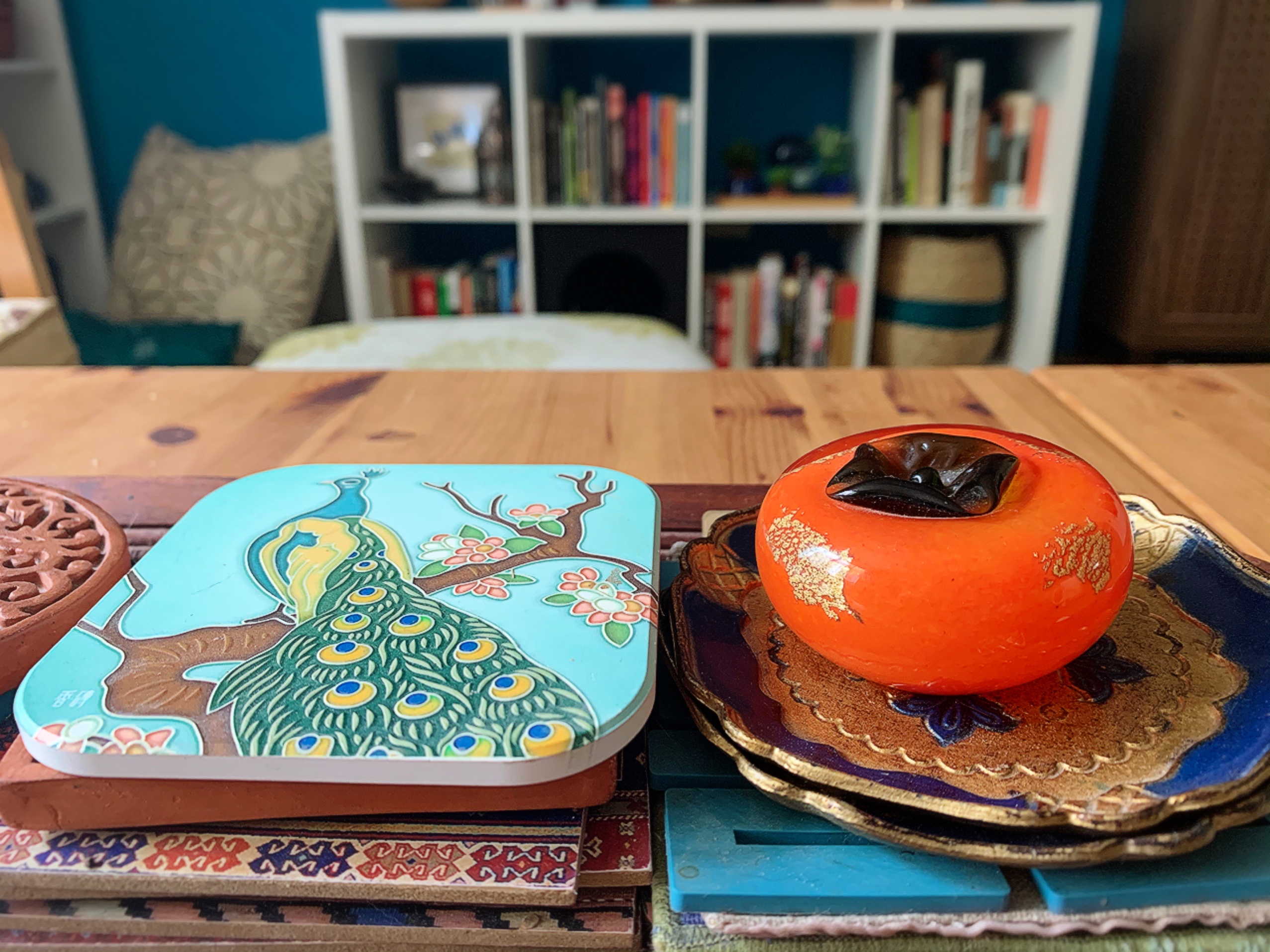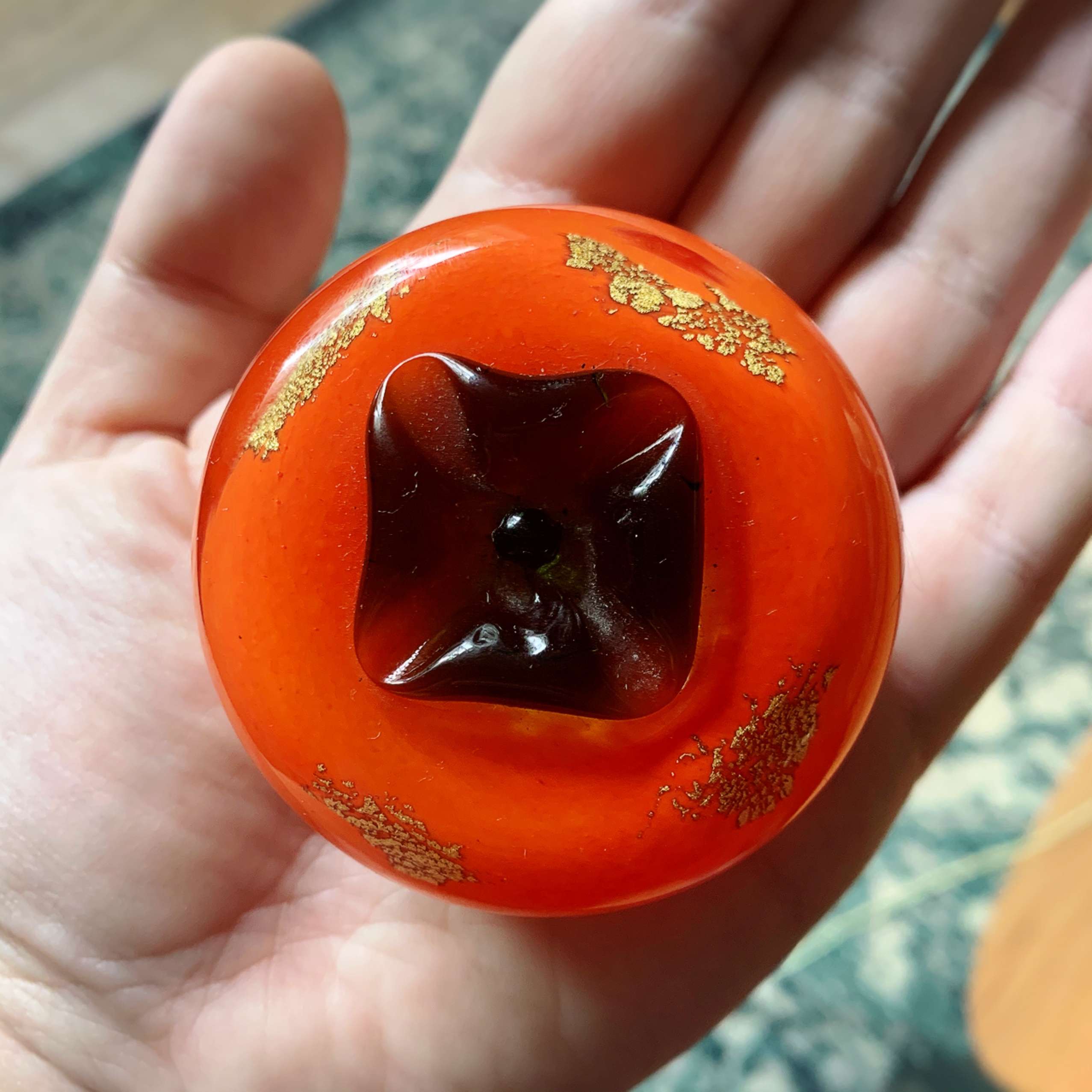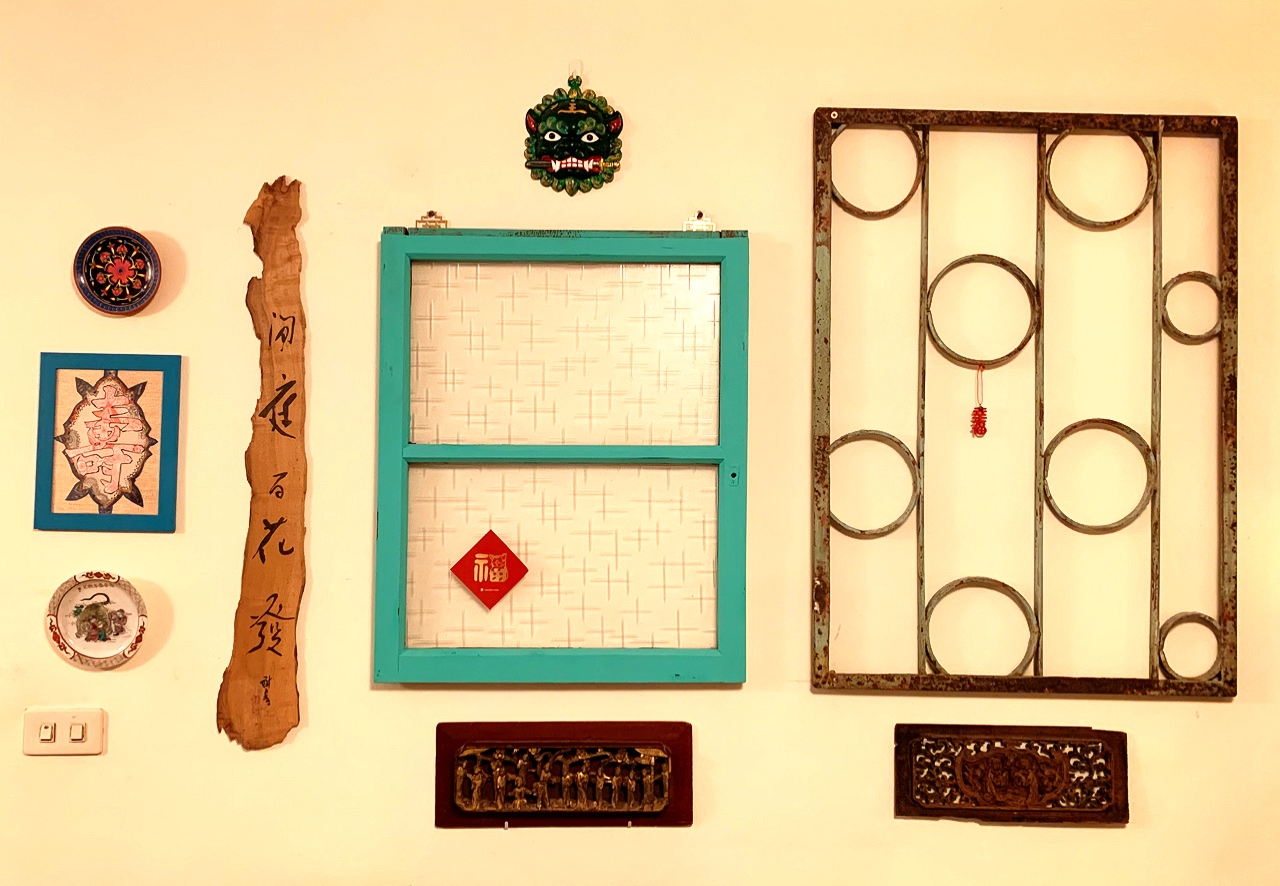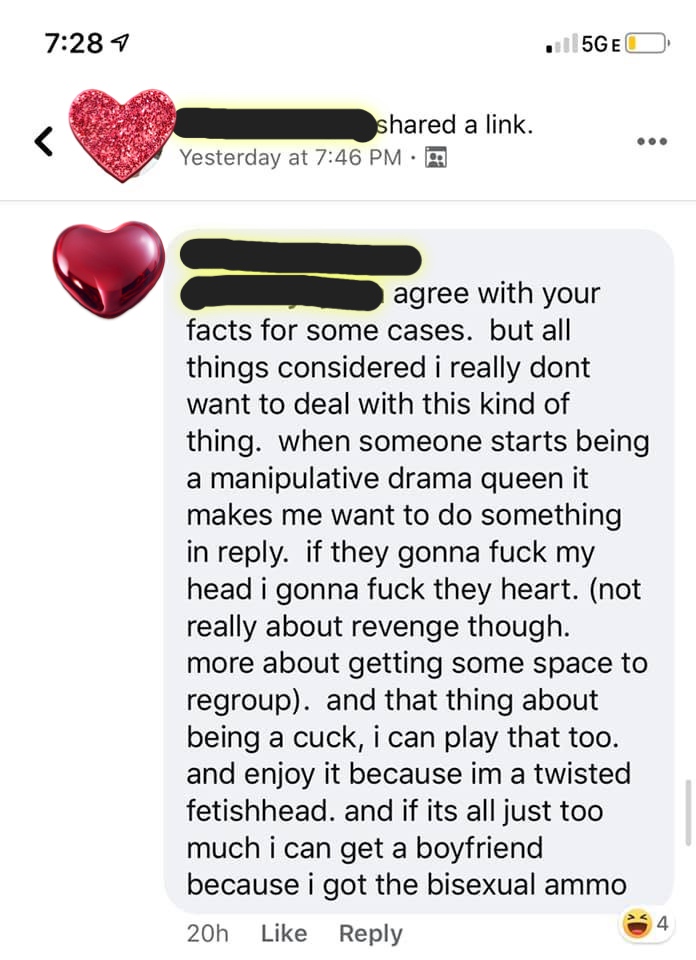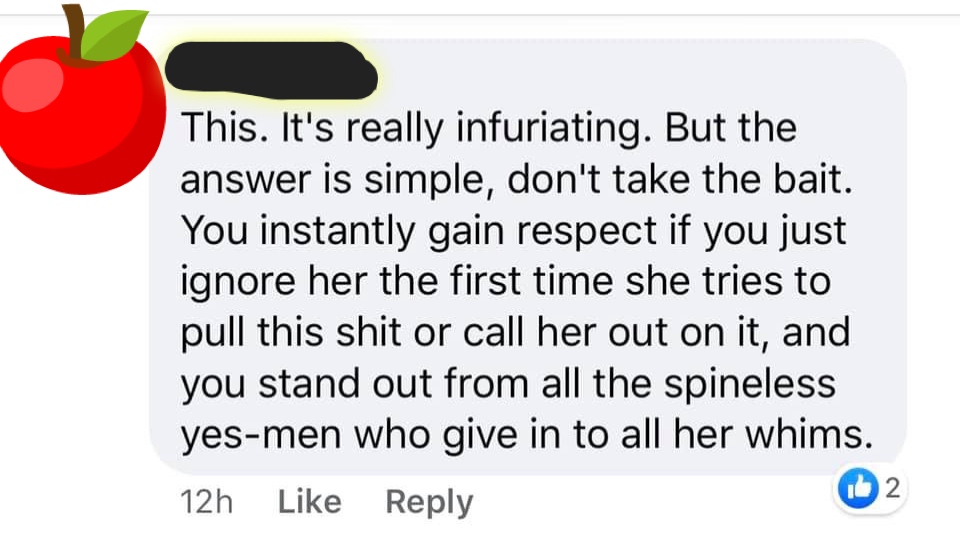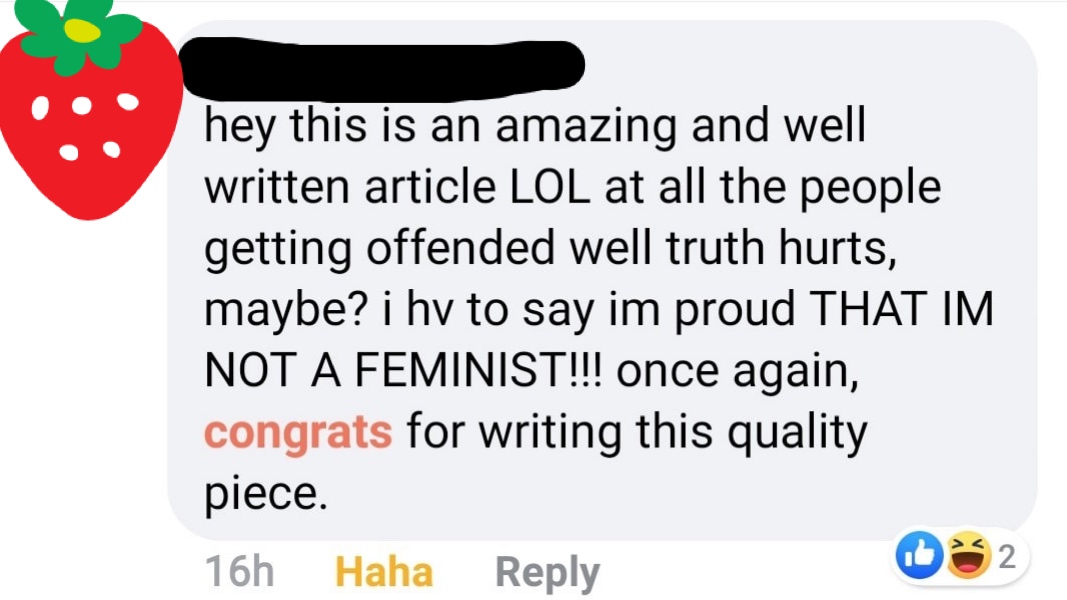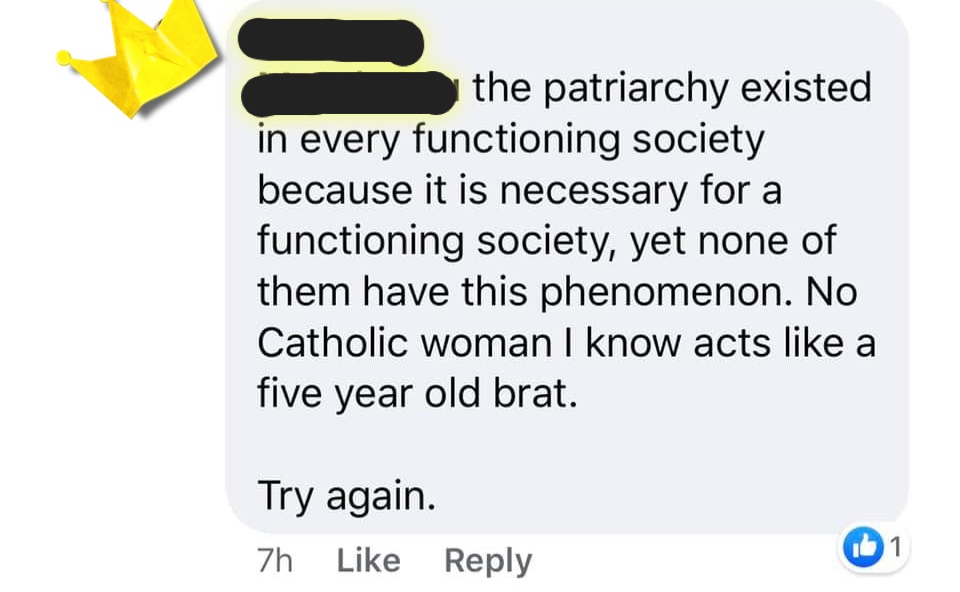 |
| This is one of those photos that doesn't have a direct relationship to the post...except I think evocatively, that it does. |
In my last post on KMT-CCP synchronicity, I dove into the KMT's Leninist roots to show that their 'origin story' does not differ that much from the CCP. The short of it is that their early party structure (Leninist), philosophy (Sun Yat-sen's Three Principles), overarching ideals (that they are a "Chinese" government and that includes Taiwan) and general approach to governance (authoritarianism disguised as "political tutelage" by a caretaking "vanguard party") are all so similar to the CCP's approach to governance that one should not be surprised that the two parties are now working together to push the annexation of Taiwan to China.
But, I approached a few key issues which were left unanswered. Namely:
What about the stark ideological contrast regarding Marxism?
How do you account for the different approaches to 'Chinese culture' between the two parties?
The KMT is - in theory at least - a competing party in a democratic system. Do all the old authoritarian beliefs still apply?
Let's address those now.
Marxism
This one is easy - the CCP still claims to hold Communist ideology, but even a cursory, non-expert observation of how China works shows that the party's guiding ethos are not Marxist at all. It's not just that China has barely any social welfare system - just try accessing good medical care if you're not rich - but that the CCP has figured out that it's just as good to control the 'owners' of private enterprise, rather than actually run various enterprises themselves. If anything, it's better! Other people do the hard work of actually running companies, but the Party can decide who succeeds in establishing large firms based on their connections and Party loyalty. And because they can be arrested at any time for 'corruption' or controlled through national subsidies and contracts or just quiet threats delivered through a tightly-woven network, you don't lose any power.
I don't think this paper is particularly special, but it is an example of how the general academic consensus is that China is closer to 'state capitalist' than any kind of Marxist or Communist ideology. And here's another one. They're not very exciting.
The workers, you say? Those people that the CCP has sworn to protect? What of them? Without offering any of the benefits of Marxism - say, job security, access to basic necessities such as food, clothing, shelter and health care - the CCP is quite able to exercise all of the downsides of Marxism (state control of everything you are permitted to do) as it pleases.
What, did you think the CCP would actually give 'the workers' any sort of power? But that would force them to give up power themselves!
State capitalism, as they love to say in China, is a win-win situation! For dictators and their friends, that is.
With actual Marxism gone, there's really not much left to distinguish the strongman KMT from the strongman CCP. And you're a fool if you think the KMT isn't aware that their one ideological rift with their former adversaries no longer exists in anything but name.
Chinese Culture
The last few times I went to China, I was treated to lovely feasts of traditional Chinese fare in restaurants decked out in traditional Chinese decor. The first one used traditional woodcarving as a design point, inserting traditionally-carved pieces into more modern wooden walls and dividers. The other one was in a shopping mall, but featured an entire miniature stream teeming with goldfish, with a little Chinese-style bridge over it, which one crossed to go from the reception area to the dining area. The dining room was set with traditional-style tables and chairs, with white plaster dividers inset with Qing-style windows shaped like peaches, medicine gourds, butterflies, ingots and more.
There was something performative about the whole thing, not unlike going to a restaurant in America with "America" in the name. These restaurants were gorgeous and the food was delicious, but the unspoken point seemed to be "welcome to China, don't you love our 5,000 years of culture and therefore everything about our country!" [exclamation point - it's not a question.]
Those were just two meals in China, but they illustrate a larger point: the Cultural Revolution is dead. Long live Chinese Culture as a method of state control!
This topic ties in nicely with the Marxist angle above. To clarify the relationship, let me quote Alton Thompson's comment in the Taiwan History Facebook group (which is great - you should join!):
A big ideological split existed when the Communists really bought into the Karl Marx shtick about international class struggle. The Red Guards torched Chinese art, destroyed Beijing opera, and laid waste to Tibetan Buddhism in the name of the new order. With this sort of erasure going on, CKS could display Chinese cultural treasures in the National Palace Museum here to make the case that his party preserved, and therefore must be heir to, Chinese culture.
Mao's successors added 'Chinese characteristics' to their concerns—and that changed everything. As in so many Communist régimes, party leaders now needed international investment to rescue their failed economy and underwrite their party's continued hold on power (see also 'Cuba'). It helped this project to move the Marx talk into the realm of nostalgia as they established stock exchanges and rebooted Chinese art, Beijing opera, and Tibetan Buddhism in some form to show visitors.
The CCP suddenly found itself in ideological kinship with the Nationalists. The main product on offer by both parties now was simply a police state with Chinese characteristics. This conjunction emerged just as both parties were viewing with increasing alarm Taiwan's advancing democracy and growing sense of native identity.
The rebirth of 'Chinese culture' in China was not a natural post-Cultural Revolution occurrence - it was an intentional CCP-backed initiative. Xi Jinping himself has said so numerous times and even cursory searches will bring up state-supported initiatives to promote 'Chinese culture' and tie it to 'Chinese government control'. Here, it's stated explicitly, but also uncritically (you may choose not to read that as your self-care for the day. It's more than a little barfy.)
Does this sound different from the KMT's attempt to harness "preserving Chinese culture" as a tool of party control through the Cultural Renaissance Movement (中華文化復興運動)? No:
While the KMT had little hope of retaking China, it used propaganda to maintain the illusion that war could break out at anytime to justify its military rule and keep its population united and patriotic. The Cultural Revolution broke out in China in 1966, giving the KMT a perfect opportunity to launch the Chinese Cultural Renaissance Movement as a countermovement.
It was not the first of its kind. The KMT had launched the Cultural Reform Movement (文化改造運動) and the Cultural Cleansing Movement (文化清潔運動) in the 1950s. These movements share the common goals of shaping the world view of its constituents by repeatedly promoting KMT founder Sun Yat-sen’s (孫逸仙) Three Principles of the People (三民主義), fostering unwavering allegiance to Chiang and carrying out the ultimate goal of defeating the Chinese communists.
The council was made up of scholars, cultural experts and a large number of high-level KMT officials. In addition to promoting traditional Chinese arts, it sought to instill the ancient “Four Principles and Eight Virtues” (四維八德) among the populace.
You may have noticed in the last election that the KMT is holding strong to their "Chinese cultural" touchstones. The hyper-prominence of the ROC flag and its KMT
So, now we have the KMT in Taiwan and the CCP in China both promoting "traditional Chinese culture", and both tying it explicitly to their political goals.
Same same. Not different.Democratization
A Facebook comment on my first post pointed out that the KMT's history of authoritarianism didn't fully explain how the party as a whole could go so red. After all, they did capitulate to democratization, and the KMT's stated goal was always 'constitutional democracy' (of course, a 'stated goal' can never be taken as true belief - look at their actions, not their words). There must be some among them who really do believe in the democratic system, and don't wish to go back to authoritarianism. Some probably still believe that this all-important 'Chinese destiny' for themselves and for Taiwan remains an ROC construct, rather than capitulation to the PRC.
And yet even they seem willing to be pulled along by the party's rush to cooperate with the CCP. Why?
There's no simple answer to this, and I do believe that (some of) these people (mostly) believe their own words.
However, true discomfort with authoritarianism must also mean discomfort with an authoritarian past. If one is able to excuse or explain away the KMT's history of political repression and mass murder, and join the party that did those things despite the party never fully making amends for their past, they are clearly not as uncomfortable with authoritarianism as they say, or believe.
There are surely others who believe that "One Country Two Systems" is still viable, though they'll never call it that. The term is now - rightly - political poison. Still thinking of Taiwan's destiny as ultimately Chinese, they likely consider some sort of co-existence with the CCP inside a united 'China' as the next best thing to the KMT's original goal.
The KMT has recently insisted that "One Country Two Systems" will happen - in the words of failed presidential contender and now Some Guy in Kaohsiung - "over their dead body". But again, look at actions, not words. Every action the KMT has taken is toward a One Country Two Systems model, not away from it. Closer economic ties? Check. Not changing all of the references to "China" on national enterprises? Check. "Preserving Chinese culture"? Check. "Not rejecting unification"? You betcha. Floating a possible peace treaty? Uh huh. Links for all of those can be found in my previous post focusing on Leninism.
I don't know what to say about those KMTers, except that they are either stupid, delusional or intentionally ignorant.
The KMT has recently insisted that "One Country Two Systems" will happen - in the words of failed presidential contender and now Some Guy in Kaohsiung - "over their dead body". But again, look at actions, not words. Every action the KMT has taken is toward a One Country Two Systems model, not away from it. Closer economic ties? Check. Not changing all of the references to "China" on national enterprises? Check. "Preserving Chinese culture"? Check. "Not rejecting unification"? You betcha. Floating a possible peace treaty? Uh huh. Links for all of those can be found in my previous post focusing on Leninism.
I don't know what to say about those KMTers, except that they are either stupid, delusional or intentionally ignorant.
After witnessing events in Hong Kong, it is impossible to truly believe that there can be peaceful unification under any sort of two-system model. Leaving aside those who may simply be delusional or dumb, there must be a rationale in the minds of KMTers who intentionally ignore this fundamental truth:
“Under the premise of ensuring national sovereignty, security, and development interests, after peaceful reunification, the social system and way of life of Taiwan compatriots will be fully respected,” it said.
“Private property, religious beliefs, and legitimate rights and interests of Taiwan compatriots will be fully protected.”
China has not explained how Taiwan’s democracy may be allowed to continue if it takes control of the island. [Emphasis mine].
Note that among the things to be "respected", democracy is not listed.... The CCP apparently would get to decide what aspects of Taiwan's way of life are "legitimate" - just as they get to decide both who is Chinese and what it means to be Chinese - and you can surely expect that any sort of non-approved belief or attempt at continued democracy or even basic freedom of speech would be construed a threat to "national security" and therefore "not legitimate". "Rights and interests" is too general a phrase both in Chinese and English to mean anything, other than what the CCP wants it to mean...
They "support democracy" in that they believe there should be elections, and that the people who get the most votes should win those elections. That's about it. Even in the mid-20th century, the KMT held elections. Some of the local ones were actually competitive, in a sense. History shows that it's not necessarily an incongruous thing to believe as one supports an overarching authoritarian framework.
Under what structure those elections are "allowed" to take place is the question. For these KMTers, fake democracy will suffice. After all, they've joined the party that did fake democracy for decades, and then (wrongly) took credit for actual democracy! They are currently members of a party that has attempted to use lies, rather than platform-based campaigning, to win elections, and did not quit because of it. Even before the Hong Kong protests, they looked at Hong Kong's fake democracy and seemed to think "yeah, that'll do".
Fortunately, most Taiwanese can tell the difference between real democracy and the Diet version. They look identical but when you actually imbibe them, the core ingredients simply don't taste the same.
I bet some of the people pushing Taiwan in this direction can tell the difference too, but either their desire to be a "Chinese" party with a Chinese destiny overrides it (ie., democracy is of secondary importance), or they're sure that they personally stand to gain from unification under any system (they won't, but have probably been promised otherwise.)
Finally, it's worth bringing Leninism back into the discussion. Some of the old Leninist structures may no longer exist or hold any power, though the old patronage networks they engendered still exist. But one aspect of Leninist organization still seems to hold say in the KMT: democratic centralism.
There may be KMTers who don't actually agree with the turn the party has taken, and who do understand that it goes against ideals they personally believe in. However, there's strong pressure within the party to 'fall in line' once an issue has been decided, and those who don't are punished (just look at what happened to Jason Hsu). There are ways to skirt that line, with tacit party blessing - see Wayne Chiang showing up to vote for one key provision in a same-sex marriage bill that the KMT had decided it would oppose, knowing that by the time he runs for Taipei mayor in 2022, treating LGBT people like people will be normalized. But openly opposing the "party consensus" after it has been reached? You're out.
This is true of most political parties, but the KMT seems to adhere to it more vigorously.
So, there may be KMT members who actually don't agree with their party's hard red turn, but they've decided that staying in the party and going along with it is more beneficial to them. Since they're comfortable building careers within a formerly authoritarian organization to begin with - one in which family connections matter more than talent, doing away with the notion that leaders are chosen based on merit - going along surely isn't as painful as it may seem from the outside.
Don't hold your breath, then, that anyone within the KMT will sound the alarm.
This is true of most political parties, but the KMT seems to adhere to it more vigorously.
So, there may be KMT members who actually don't agree with their party's hard red turn, but they've decided that staying in the party and going along with it is more beneficial to them. Since they're comfortable building careers within a formerly authoritarian organization to begin with - one in which family connections matter more than talent, doing away with the notion that leaders are chosen based on merit - going along surely isn't as painful as it may seem from the outside.
Don't hold your breath, then, that anyone within the KMT will sound the alarm.
As a commenter on my earlier post pointed out, the KMT and CCP are like the Yankees and the Red Sox. They have different team colors and appeal to different demographics, but there's no actual difference between them - they're both playing the same game. Each one's fans claim to hate the other, but they all love the game, and they'll both gang up on people who don't want to play at all.
Ideologically, there is no longer much difference between the KMT and CCP - only rivalry over who should 'win'. Even in baseball, players are traded every season. It's all just a game. If the stronger team sees the benefit of helping out the weaker one to keep the World Series from being cancelled, it makes sense that the weaker team would be likely to accept.
It's really not that weird.
Ideologically, there is no longer much difference between the KMT and CCP - only rivalry over who should 'win'. Even in baseball, players are traded every season. It's all just a game. If the stronger team sees the benefit of helping out the weaker one to keep the World Series from being cancelled, it makes sense that the weaker team would be likely to accept.
It's really not that weird.

